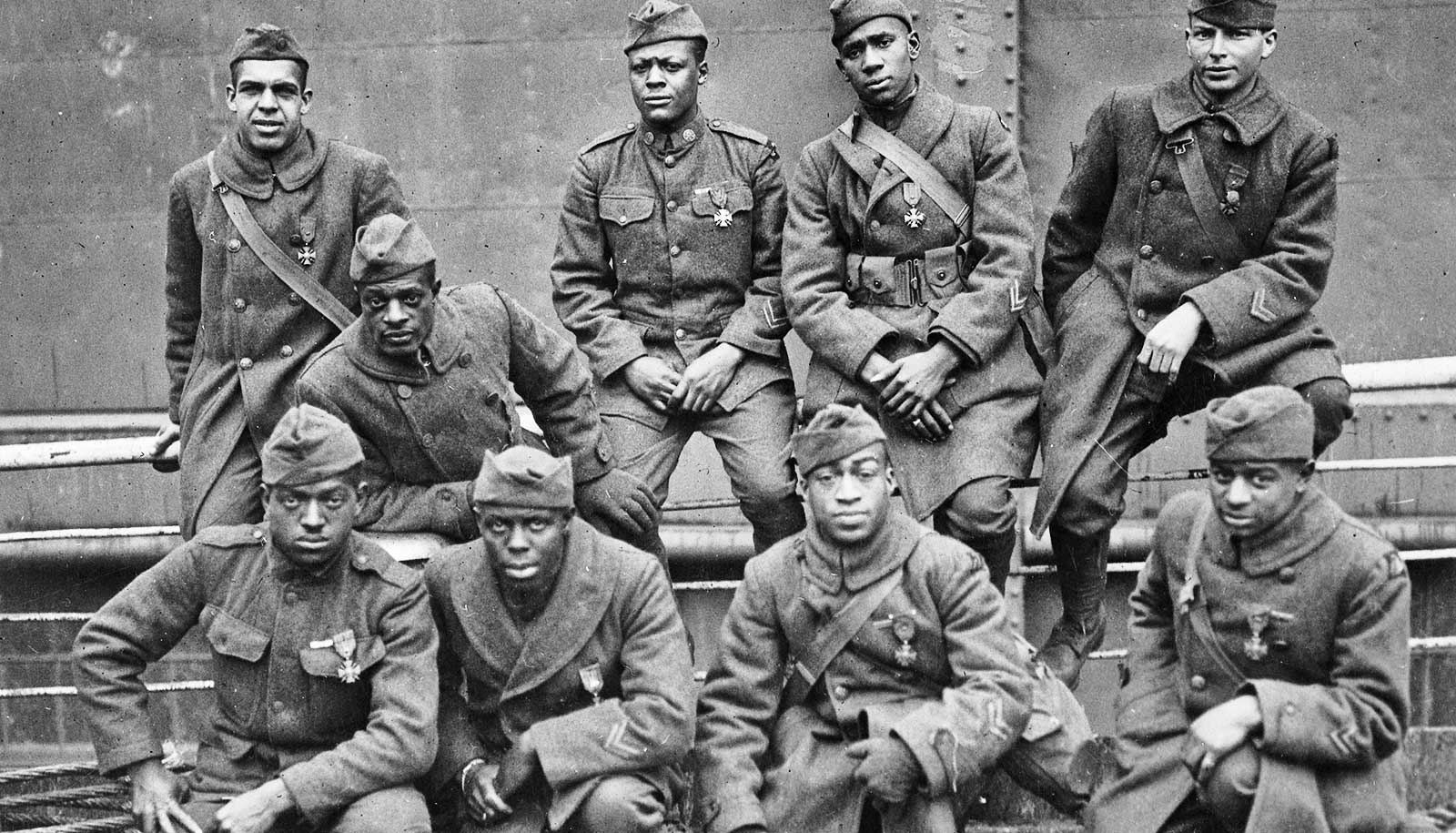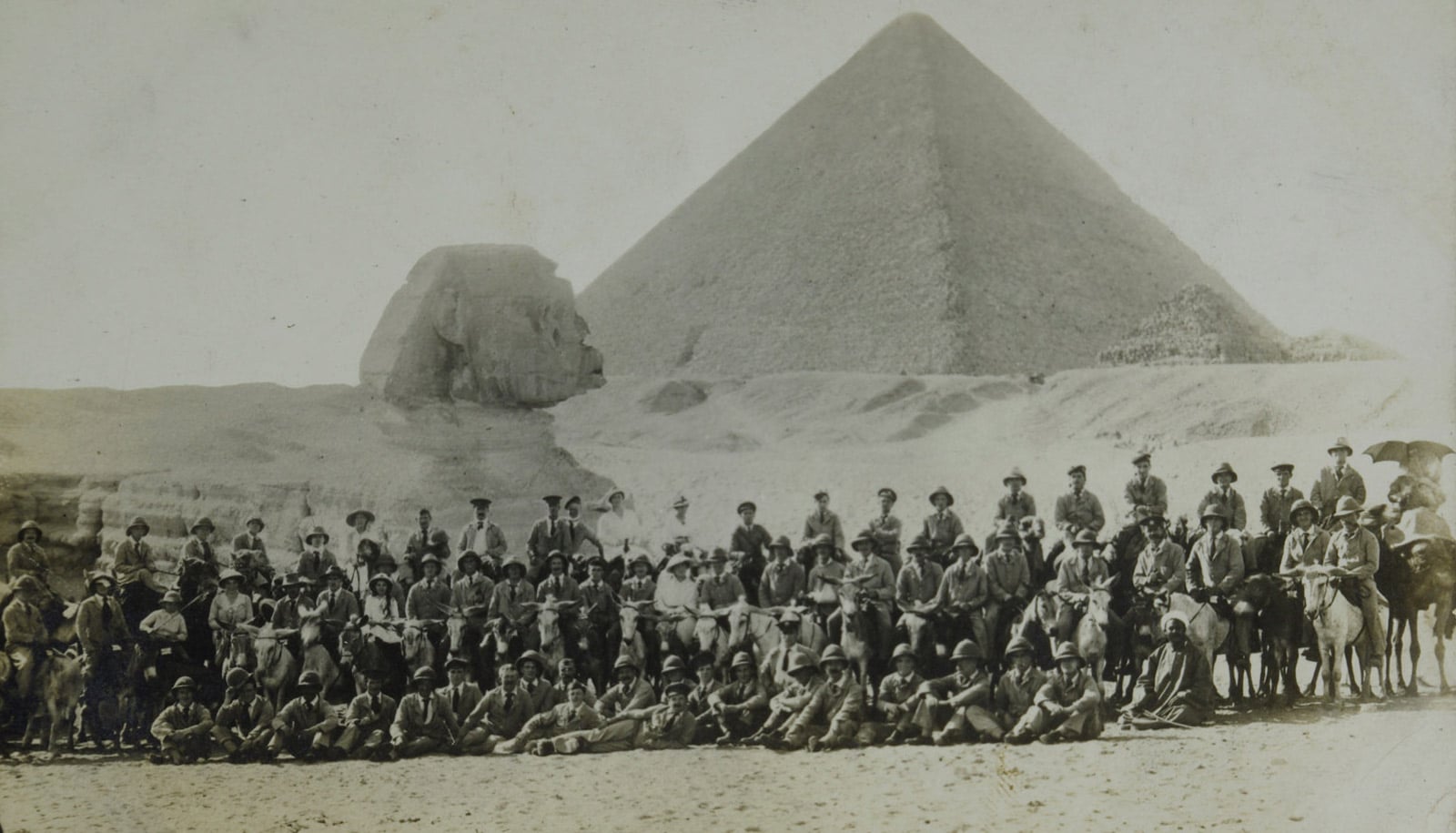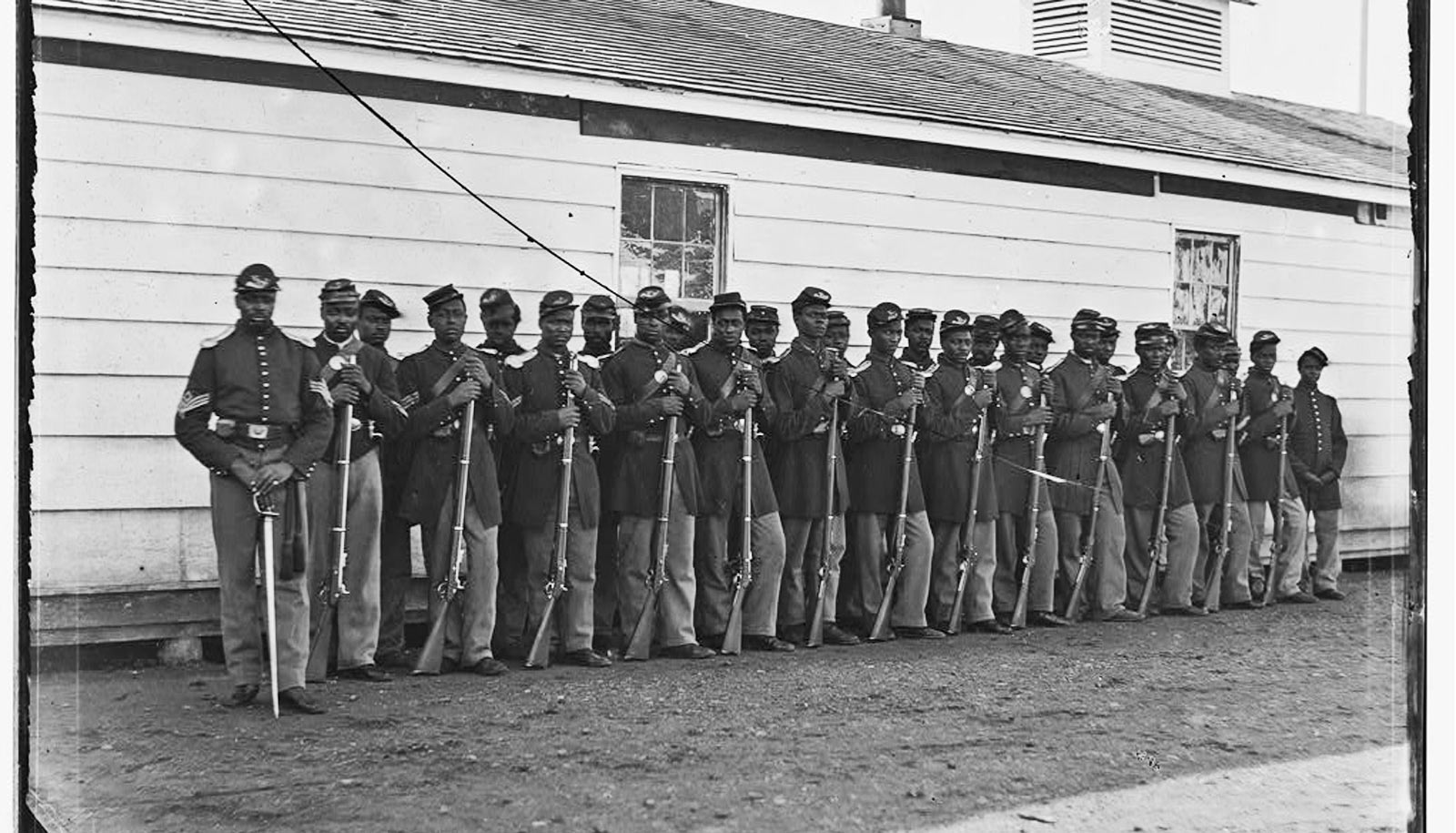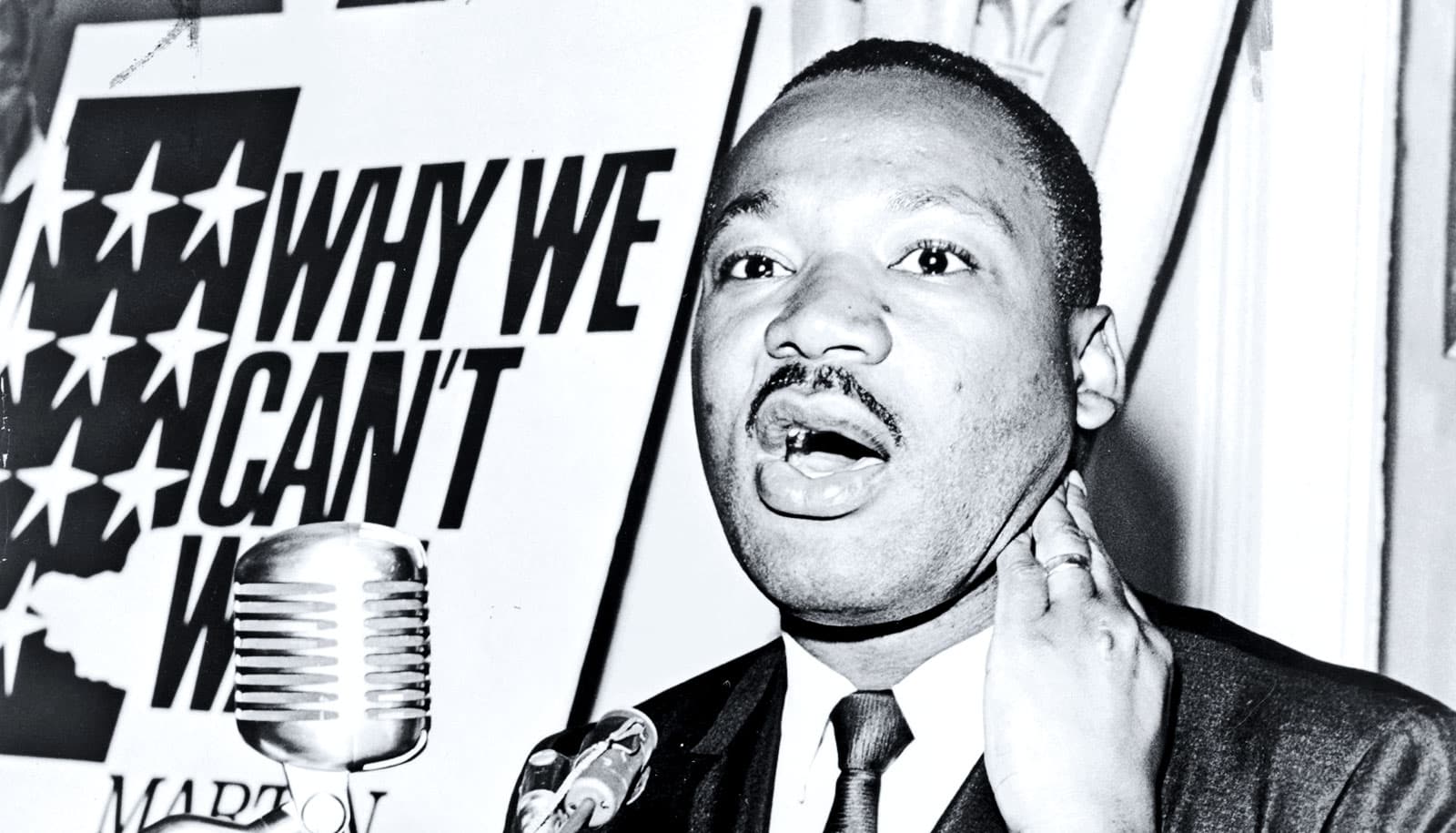The hundreds of thousands of African Americans who served in the US Army during World War I and returned home as heroes soon faced many more battles over their equality in American society, according to historian Chad Williams.
While many celebrated black soldiers in the streets of New York at the end of the war, they also soon encountered a wave of hatred and violence. Williams, a chair in history at Brandeis University and the author of Torchbearers of Democracy: African American Soldiers in the World War I Era (University of North Carolina Press, 2013), sat down with BrandeisNow to discuss the aftermath of World War I for black people in America.
How were black soldiers received in the US after serving in the war? In what ways were they celebrated, and in what ways did they face hostility?
African-American soldiers were celebrated as returning heroes after the war. Welcome Home parades took place in small towns and big cities. On February 17, 1919, tens of thousands of New Yorkers welcomed home the all-black 369th Infantry Regiment with a massive parade on Fifth Avenue and into Harlem. Black soldiers symbolized the hopes and aspirations African Americans had for true democracy in the United States after the war.
Conversely, many white Americans viewed returning black soldiers as a threat because of their military service and exposure to new ideas about race and equality, especially in France. Many black veterans were victims of a wave of racial violence in 1919 that came to be known as the “Red Summer.”
How did the African-American experience in the war, and in the postwar period, influence the civil rights movement?
World War I was in many ways the beginning of the 20th-century civil rights movement. The war created opportunities for African Americans to demand their civil rights, in and outside of the Army.
Moreover, the war transformed the racial and political consciousness of a generation of black people, especially those who served in the military. This would shape the activism and everyday resistance of black people throughout the postwar period.
WEB DuBois organized the Pan-African Conference in 1919. Why was it organized, and what was its impact?
WEB Du Bois saw the war as a defining moment in the future of Africa. He hoped that the war would provide an opportunity to challenge European imperialism in Africa and lay the foundation for the gradual independence of African peoples.
He organized a Pan-African Congress in February 1919 in Paris with the goal of pressuring the assembling representatives of the Versailles Peace Conference to take the future of Africa seriously, especially in relation to Woodrow Wilson’s proposed League of Nations. The conference marked a milestone moment in the political organization of black people throughout the diaspora and in the larger history of African independence.
Is there an event from the immediate aftermath of World War I that strikes you as particularly prescient today?
On Dec. 15, barely one month after the Nov. 11 armistice, a black veteran, Charles Lewis, was lynched in Kentucky. Even after fighting for democracy abroad, African Americans still had to fight for democracy and their very lives at home. Today, 100 years later, we still see the contradictions of American democracy and the endurance of white supremacy.
Source: Brandeis University



